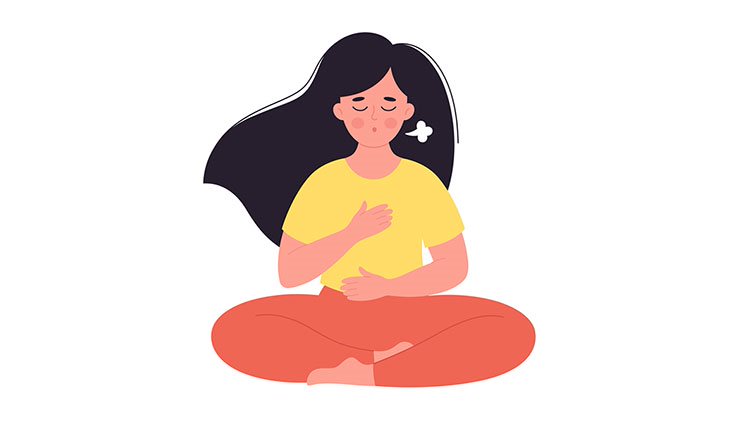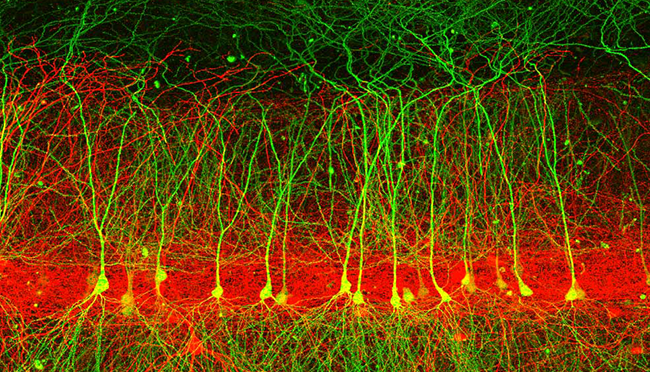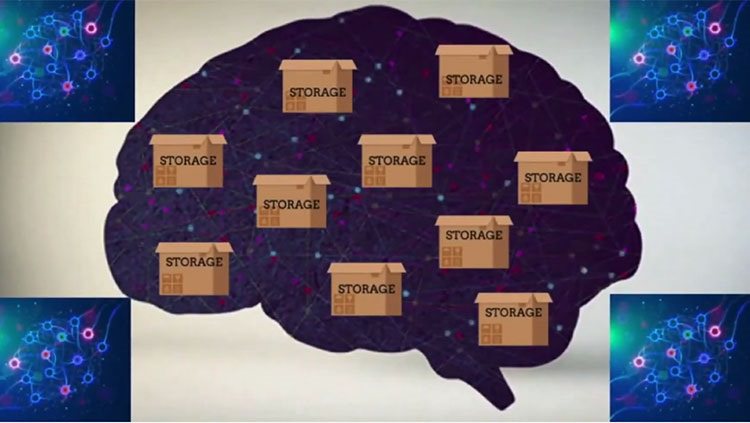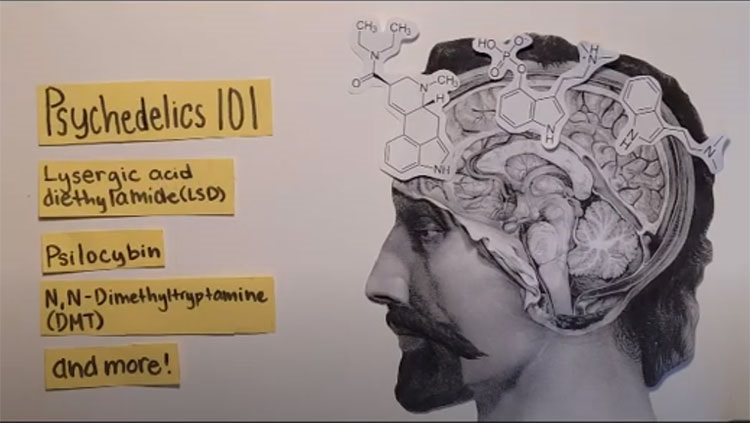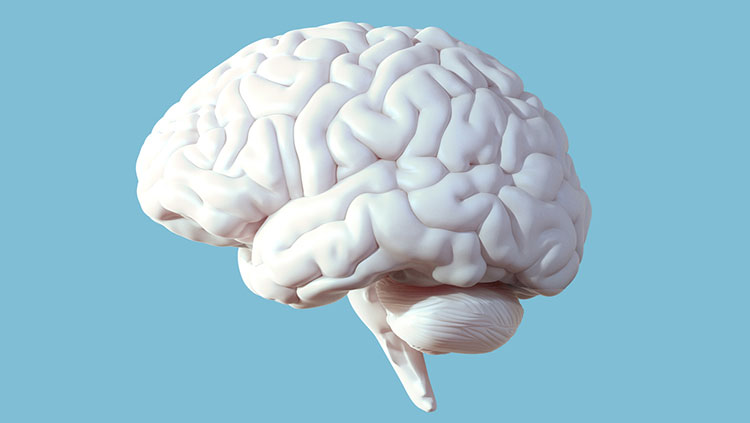Filter
-
(5)
-
(3)
-
(4)
-
-
(2)
-
(9)
-
(19)
-
(3)
-
(1)
-
(1)
-
(2)
-
(1)
-
(1)
-
(1)
-
(1)
-
(15)
-
(1)
-
(3)
-
(1)
-
(1)
-
(1)
-
(1)
-
(1)
-
(1)
-
(3)
-
(1)
-
(1)
-
(1)
-
(2)
-
(1)
-
(2)
-
-
(6)
-
(2)
-
(4)
-
-
(1)
-
(4)
-
(1)
-
(1)
-
(2)
-
-
(96)
-
(45)
-
(11)
-
(49)
-
(3)
-
(5)
-
-
(7)
-
(1)
-
(7)
-
(1)
-
-
(23)
-
(1)
-
(1)
-
(19)
-
(4)
-
-
(4)
-
(4)
-
-
(2)
-
(1)
-
(1)
-
-
(4)
-
(8)
-
(1)
-
(3)
-
(2)
-
(1)
-
(2)
-
(1)
-
-
(46)
-
(4)
-
(1)
-
(1)
-
(4)
-
(2)
-
(3)
-
(22)
-
(7)
-
(9)
-
-
(5)
-
(10)
-
(4)
-
(2)
-
(6)
-
-
(5)
-
(1)
-
(4)
-
(2)
-
(1)
-
(1)
-
-
(3)
-
(31)
-
(13)
-
(3)
-
(1)
-
(8)
-
-
(8)
-
(1)
-
(1)
-
(2)
-
(3)
-
(4)
-
-
(17)
-
(2)
-
(17)
-
-
(1)
-
(2)
-
(12)
-
(7)
-
(5)
-
(1)
-
-
(1)
-
(1)
-
-
(23)
-
(8)
-
(5)
-
(2)
-
(3)
-
(4)
-
-
(1)
-
(3)
-
(1)
-
(3)
-
(3)
-
-
(1)
-
(1)
-
-
(1)
-
(1)
-
-
(4)
-
(1)
-
(1)
-
(4)
-
-
(7)
-
(1)
-
(2)
-
(2)
-
(1)
-
(1)
-
-
(116)
-
(8)
-
(18)
-
(7)
-
(17)
-
(22)
-
(5)
-
(1)
-
(48)
-
(3)
-
(11)
-
(1)
-
(10)
-
(3)
-
(4)
-
(20)
-
(1)
-
(4)
-
-
(6)
-
(4)
-
(1)
-
(1)
-
-
(88)
-
(2)
-
(25)
-
(6)
-
(38)
-
(1)
-
(26)
-
(2)
-
(24)
-
(1)
-
(5)
-
(3)
-
(6)
-
(22)
-
(1)
-
(1)
-
(2)
-
(8)
-
(4)
-
(1)
-
(15)
-
(3)
-
(1)
-
(8)
-
(3)
-
(136)
21 - 30 of 160 results
-
The rhythm of respiration influences a wide range of behaviors, as well as cognition and emotion. Neuroscientists are piecing together how it all works.
-
The arrangement of nerve cells in the region of the brain called the hippocampus is essential for the formation and storage of new memories.
-
The health benefits of exercise are well-established. Recent research makes a case for how high-intensity exercise repairs and boosts the brain and may even supercharge the fight against age-related neurodegenerative disease.
-
Alzheimer’s disease causes brain cells to die, disrupting brain function at cellular and wholescale levels.
-
Our memory involves encoding, storing, and retrieving information.
-
A rebound in psychedelics research questions whether their clinical use can impact neurodegenerative diseases like Alzheimer’s.
-
Neuroscientists have long known that shut-eye helps consolidate memories in adults. Napping may play an equally crucial role in infants and young children.
-
The brain is your body's command center, split up into areas with specialized functions.
-
Discover the role sleep and rest play for your brain.
-
Depression — or major depressive disorder — is a psychiatric disorder characterized by sadness, hopelessness, pessimism, loss of interest in life, reduced emotional wellbeing, and abnormalities in sleep, appetite, and energy level.


